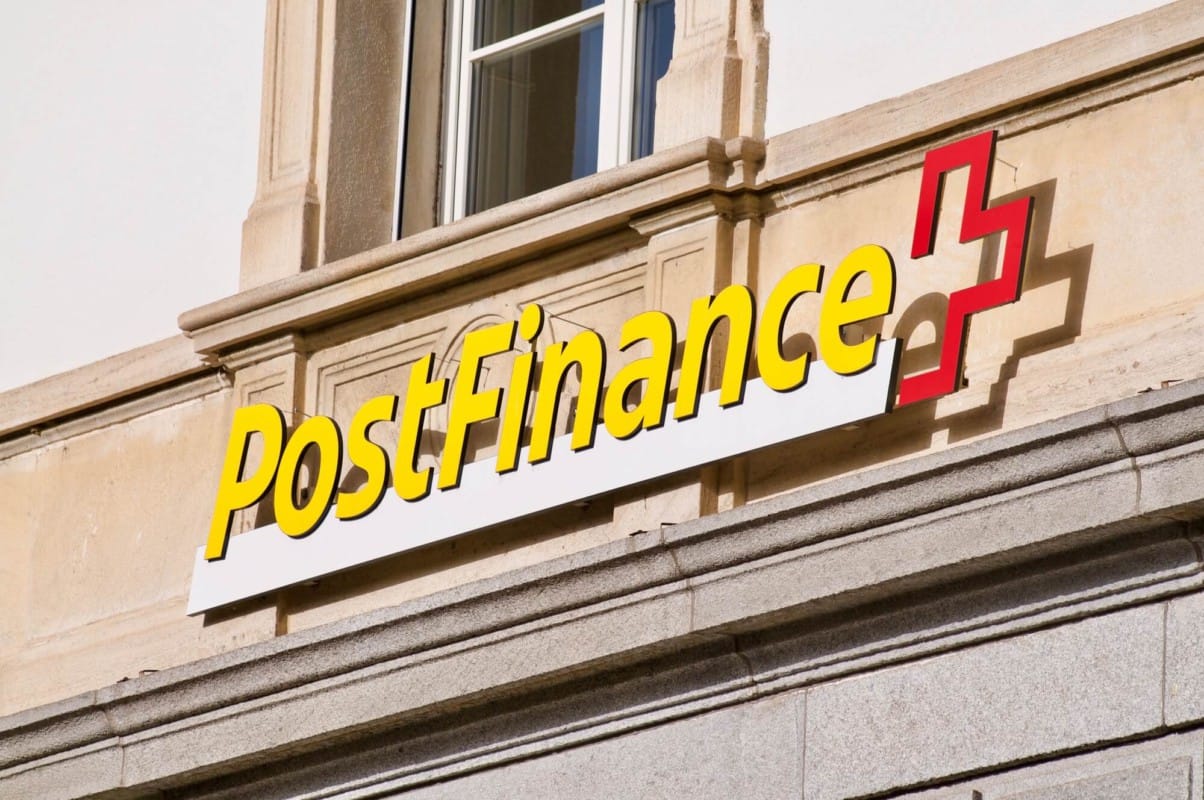Switzerland's PostFinance AG Bank Ventures into Ethereum Staking

In a significant stride towards blending the traditional banking sector with the growing world of cryptocurrencies, Switzerland's state-owned PostFinance AG has introduced Ethereum staking services. This launch marks a pivotal moment, reflecting the increasing acceptance and integration of crypto assets into mainstream financial services, especially as the world anticipates a transformative year for cryptocurrencies in 2025.
PostFinance AG, already recognized for its forward-thinking approach in the crypto sector, has escalated its involvement by enabling clients to stake Ethereum. This process allows users to lock up their Ethereum tokens to validate blockchain transactions, earning additional tokens as a reward. This initiative not only aligns with the bank's previous steps into crypto trading and custody services but also caters to an emerging demand from investors seeking passive income through digital assets. By offering staking, PostFinance AG is setting a benchmark for how traditional banks can integrate with the decentralized nature of blockchain technology, potentially reshaping the future of finance.
PostFinance AG's Strategic Expansion into Crypto
The timing of this move by PostFinance AG coincides with notable political changes in the United States. With Donald Trump poised to start his second term as President, there's a wave of optimism about the regulatory environment for cryptocurrencies. Trump's reputation as the first genuinely pro-crypto president suggests potential reforms that could enhance the legitimacy and stability of digital currencies on a global scale. Just earlier today, we reported that Trump is considering Solana to be part of a basket of cryptocurrencies for a national reserve. This political shift is seen as a harbinger of a more crypto-friendly climate, which could encourage further institutional adoption worldwide.
Within Switzerland, the enthusiasm for cryptocurrencies appears to be gaining momentum. Recent discussions have even suggested that the Swiss National Bank might consider adding Bitcoin to its strategic reserves. Such a move would not only validate cryptocurrencies at a state level but could also spur a broader acceptance across Europe, potentially catalyzing further adoption of digital assets.
By integrating blockchain into its operations, PostFinance AG is not just offering new investment avenues to its clients but is also strategically positioning itself for a future where digital assets could become central to global economic systems. The bank has also expressed intentions to expand staking services to other tokens, indicating a long-term vision to deepen its roots in the crypto ecosystem. This approach could foster a more integrated financial environment where traditional banking and blockchain technology coexist, providing both security and innovation to customers.

